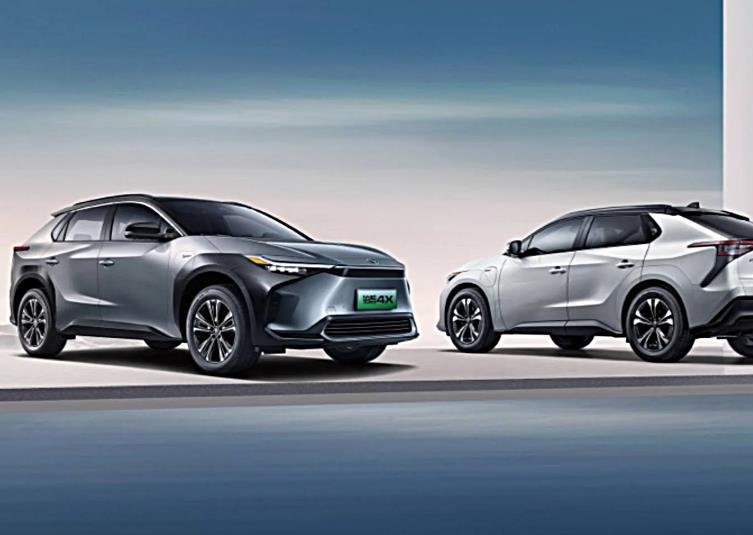Toyota is stepping up its electric vehicle game by investing in solid-state battery technology, promising significant advancements in range and charging speed for future EVs.
For years, Toyota has been quietly working on solid-state batteries (SSBs), aiming to overcome the limitations of traditional lithium-ion batteries. Unlike their predecessors, solid-state batteries use solid electrolytes, which enhance safety and efficiency.
“This is a game-changer for the EV industry,” said Koji Sato, Toyota’s CEO. The company envisions its new batteries enabling cars to travel up to 745 miles on a single charge and achieve full charging in just 10 minutes. These improvements could address the common concerns of range anxiety and long charging times that deter potential EV buyers.
Collaborations Pave the Way for Innovation
Toyota isn’t tackling this challenge alone. The automaker is partnering with several tech giants, including Chinese EV manufacturer BYD, Idemitsu, and Panasonic, to refine and scale solid-state battery production. These collaborations bring together diverse expertise, accelerating the development process.
“Our partnerships are crucial for overcoming the technical hurdles associated with solid-state batteries,” Sato explained. By combining resources and knowledge, Toyota aims to bring its innovative batteries to market faster and more efficiently.

Overcoming Production Challenges
While solid-state batteries offer numerous benefits, they come with their own set of challenges. Manufacturing them is more complex and costly compared to lithium-ion batteries. Additionally, ensuring the longevity and durability of these batteries has been a significant hurdle.
Toyota is addressing these issues head-on. Through extensive research and development, the company has made strides in improving the durability of SSBs. By 2027, Toyota plans to start producing solid-state batteries on a larger scale, with the goal of integrating them into their electric vehicles soon after.
Impact on the Electric Vehicle Market
Toyota’s commitment to solid-state battery technology could have far-reaching effects on the EV market. Enhanced battery performance means longer vehicle ranges and quicker charging times, making EVs more appealing to a broader audience. This could lead to increased adoption of electric vehicles globally, contributing to a reduction in carbon emissions.
Moreover, Toyota’s advancements may push other automakers to accelerate their own EV developments, fostering a more competitive and innovative market environment.
Preparing for Mass Production
Mass production is the next critical step for Toyota. The company is focusing on scaling up production capabilities to meet anticipated demand. This involves investing in new manufacturing facilities and optimizing production processes to ensure efficiency and cost-effectiveness.
“We are laying the groundwork for mass production,” Sato stated. The goal is to have solid-state batteries widely available in Toyota’s vehicle lineup by the late 2020s, marking a significant milestone in the company’s EV strategy.
Looking Ahead: The Future of Electric Mobility
Toyota’s push for solid-state batteries represents a pivotal moment in the evolution of electric mobility. By addressing key limitations of current battery technology, Toyota is setting the stage for a new era of electric vehicles that are safer, more efficient, and more user-friendly.
As Toyota continues to innovate and expand its battery technology, the future of electric vehicles looks brighter than ever. With solid-state batteries, the dream of widespread, practical electric mobility is becoming a reality.







